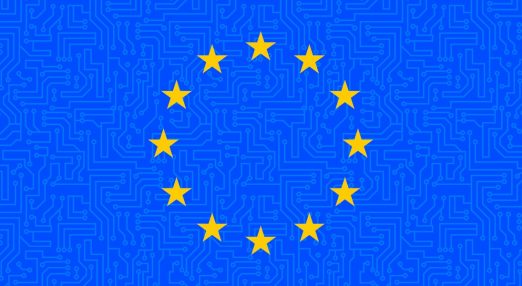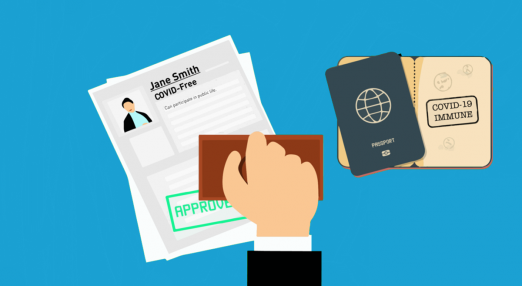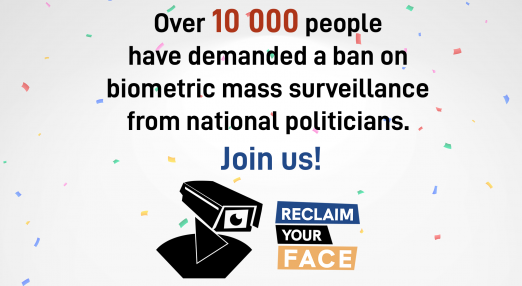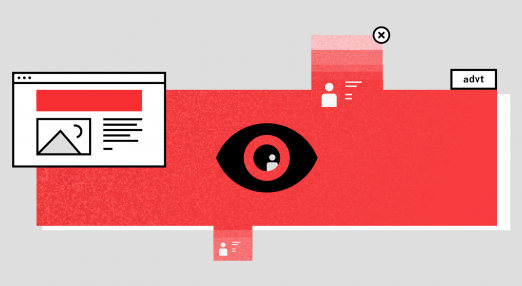Privacy and confidentiality
Privacy is a crucial element of our personal security, enabling free speech and democratic participation. The absolute and fundamental human right to privacy guarantees people respect for their private life and freedom from snooping and unlawful interference. It gives everyone the freedom to be themselves, to express and develop their opinions and ideas with dignity, and to practice their religion, as well as giving journalists and civil society the ability to report on violations of rights by states or businesses. Without sufficient privacy, people’s private interactions are exposed, which can be used to target or discriminate against them.
Filter resources
-

New Cybercrime Protocol: More overreach, still no data protection safeguards
In the context of the fifth round of consultation with civil society, data protection authorities and industry, EDRi and the Electronic Frontier Foundation (EFF) coordinated a civil society submission to provide feedback on the new draft provisions relating to joint investigations, request for domain name registration information and expedited disclosure of stored computer data in an emergency.
Read more
-

‘A for effort’: European Commission DSA/DMA proposal falls short of the systemic change needed to rein in Big Tech power
The Commission’s proposal is an important step but falls short of putting forward an ambitious plan to break free from the centralised platform economy that defines people’s online experiences today.
Read more
-

Statement: civil society challenges EU plans to expand biometric mass surveillance
On 9 December, the European Commission presented its new Security Union package, composed of the Counter-Terrorism Agenda and a proposal to strengthen the mandate of Europol. Originally intended for next year, the release of the Counter-Terrorism was accelerated due to recent attacks in France and Austria. When it comes to protecting fundamental rights from intrusive biometric surveillance, the proposals fall seriously short.
Read more
-

Big Tech’s dominance: only laws can limit its power
Big Tech companies like Facebook have grown so large that the U.S. antitrust authority F.T.C. is considering breaking them up. We need laws that limit the power tech firms wields over our lives.
Read more
-

Benefiting whom? An overview of companies profiting from “digital welfare”
Could private companies be the only ones really profiting from digital welfare? This overview from EDRi member Privacy International looks at the big players.
Read more
-

The slippery slope of COVID health passports
There is increasing talk of measures that allow or restrict passengers at the departure gate based on health data. Can you show proof of vaccination? Then you may pass. Do you have a recent, negative test result? Then you may enter. Are you unable or unwilling to show these? Then you are denied access. There’s an understandable rationale that underpins these scenarios: we want to create a safe environment. Yet it is also cause for great concern.
Read more
-

Reclaiming faces and public spaces!
The Reclaim Your Face movement is growing, and our demands for transparency, limiting the accepted uses and respect for humans are becoming more and more common across Europe. New organisations are joining the coalition each week, and people across Europe continue to sign the petition to add their voices to our demands. Now, thanks to campaigning by Homo Digitalis in Greece and Bits of Freedom in the Netherlands, we’re getting closer to real political and legislative changes that will protect our faces and our public spaces from biometric mass surveillance.
Read more
-

“E-evidence”: Mixed results in the European Parliament
The European Parliament Committee on Civil Liberties (LIBE) agreed on a final text for the Regulation on cross border access to data (so-called “e-evidence” proposal). Despite some improvements designed to better protect people against law enforcement overreach across jurisdictions, the Committee’s majority has unfortunately also made major compromises that will put the rights of journalists, lawyers, doctors, social workers and individuals in general at risk.
Read more
-

For a truly “Trustworthy AI,” EU must protect rights and deliver benefits
EDRi member Access Now published a report exploring the actions EU governments are taking to promote what the EU calls Trustworthy AI, what this approach means for human rights, and how European AI strategy is changing, both for EU institutions and national governments.
Read more
-

10,000 people demand a ban on biometric mass surveillance
Reclaim Your Face is a European movement to bring people’s voices into the discussion around the use of biometric data to monitor the population. Since its launch only two weeks ago, over 10,000 people have signed their support by adding their name to the call for transparency, red lines, and respect for humans in European uses of biometrics.
Read more
-

A vicious circle? Enabling privacy-friendly alternatives to behavioural advertising
EDRi member Panoptykon Foundation published a report “To Track or Not to Track: Towards Privacy-Friendly and Sustainable Advertising” which argues that there is only one winner in this supposed “win-win” situation: the ad tech industry.
Read more
-

Booklet: Digital Defenders help kids defend their privacy online
Our popular publication “Your guide to Digital Defenders – Privacy for kids!“ has been updated!
Read more
